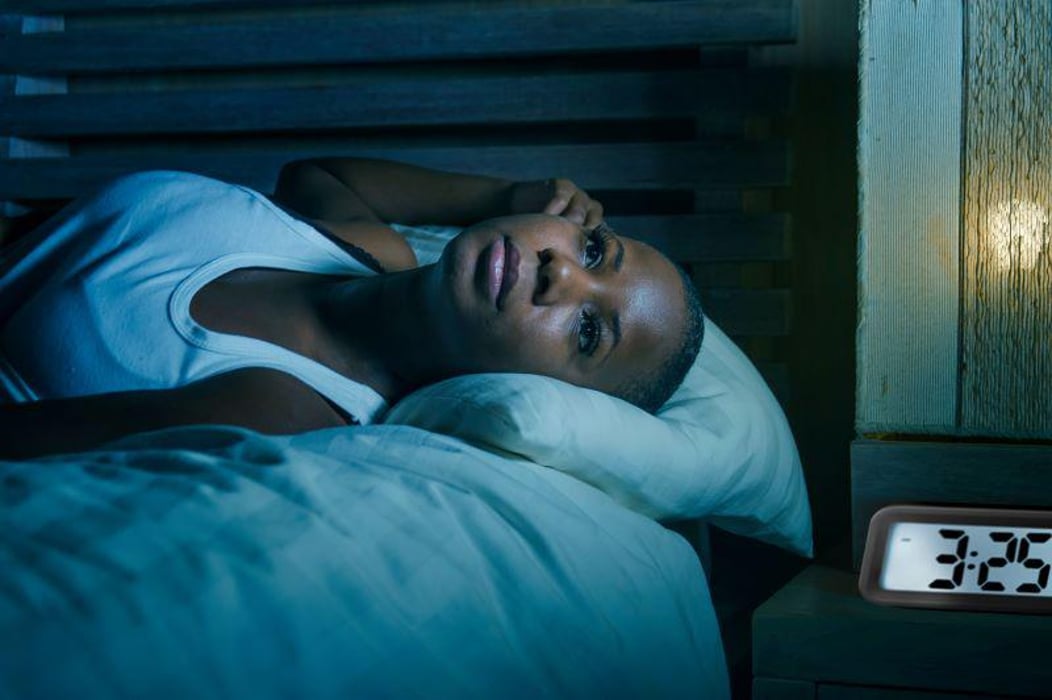Restful Night’s Sleep More Likely for Men Than Women

FRIDAY, May 20, 2022 (HealthDay News) -- For many women, having it all may mean forgoing a decent night's sleep.
Women in the United States are less likely to get a good night's sleep and more likely to report daytime sleepiness than men, a new survey shows.
The online poll of more than 2,000 U.S. adults found that women are 1.5 times more likely than men to rarely or never wake up feeling well-rested — 32% versus 21%. Also, sleepiness affects the daily activities of 81% of women, compared with 74% of men.
The survey, commissioned by the American Academy of Sleep Medicine (AASM), was conducted from Feb. 17 to 24.
"There's an incredible amount of pressure that some women feel — the need to work, manage a household and raise children, all with a smile. Sometimes, we need to put away our superhero capes. We need to get back to the pillars of health — nutrition, exercise and sleep," said Dr. Seema Khosla. She is medical director of the North Dakota Center for Sleep and chair of the AASM public awareness advisory committee.
"This doesn't need to be complicated. It's a matter of prioritizing sleep. Put the devices away a little earlier, create a relaxing nighttime routine, and make sure that there's enough time to get at least seven to nine hours of sleep every night," Khosla said in an academy news release.
The AASM said adults should get at least seven hours of sleep a night and offered advice on how to do that:
- Keep a consistent sleep schedule. Get up at the same time every day, even on weekends or during vacations.
- Make your bedroom quiet and relaxing, and keep it at a comfortable, cool temperature.
- Limit exposure to bright light in the evenings and turn off electronic devices at least 30 minutes before bedtime.
- Don't eat a large meal before bedtime. If you are hungry in the evening, eat a light, healthy snack. Don't consume caffeine, nicotine and alcohol before bedtime.
- Exercise regularly and maintain a healthy diet.
- Don't go to bed unless you are sleepy.
- If you don't fall asleep after 20 minutes, get out of bed. Do a quiet activity without a lot of light exposure until you feel sleepy.
More information
There's more on sleep at the U.S. National Institutes of Health.
SOURCE: American Academy of Sleep Medicine, news release, May 16, 2022
Related Posts
Brain’s Decline Accelerates in Years After Heart Attack
FRIDAY, Feb. 4, 2022 (HealthDay News) -- Your heart and brain may often seem at...
La COVID podría provocar una afección cardiaca en los jóvenes deportistas
LUNES, 29 de noviembre de 2021 (HealthDay News) -- Se ha encontrado una afección...
Cancer Screenings Rise in States With Mandatory Paid Sick Leave
THURSDAY, March 2, 2023 (HealthDay News) -- Many Americans are not getting...
